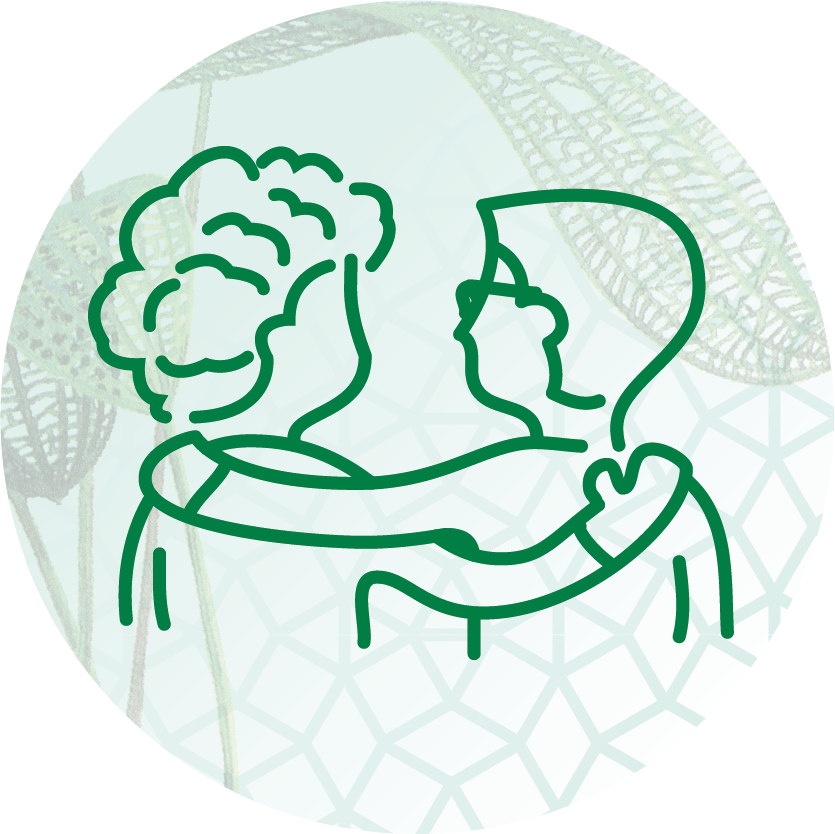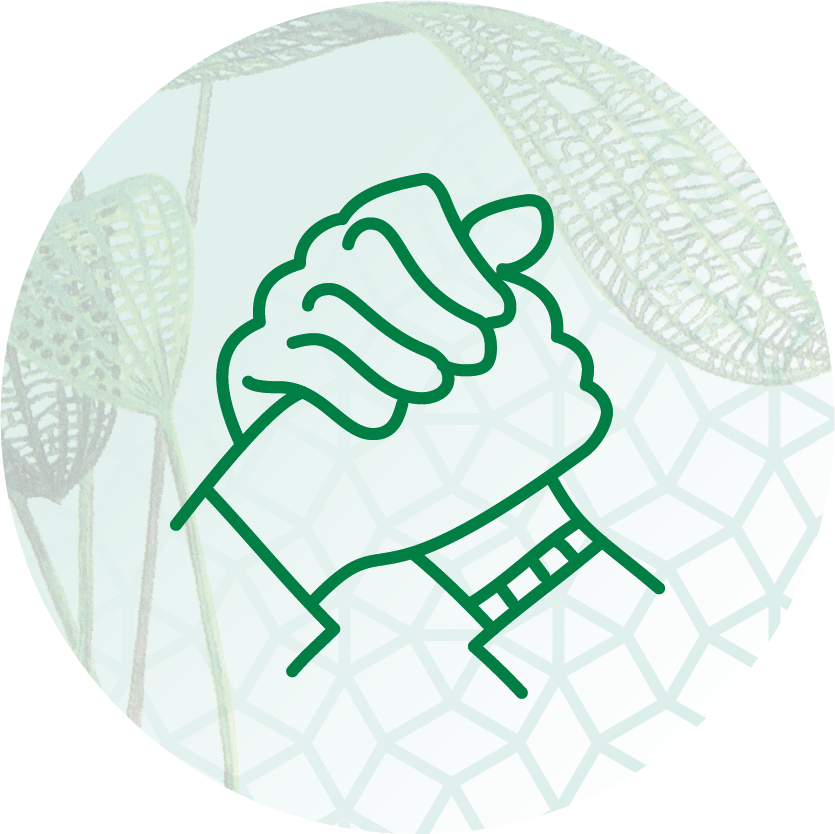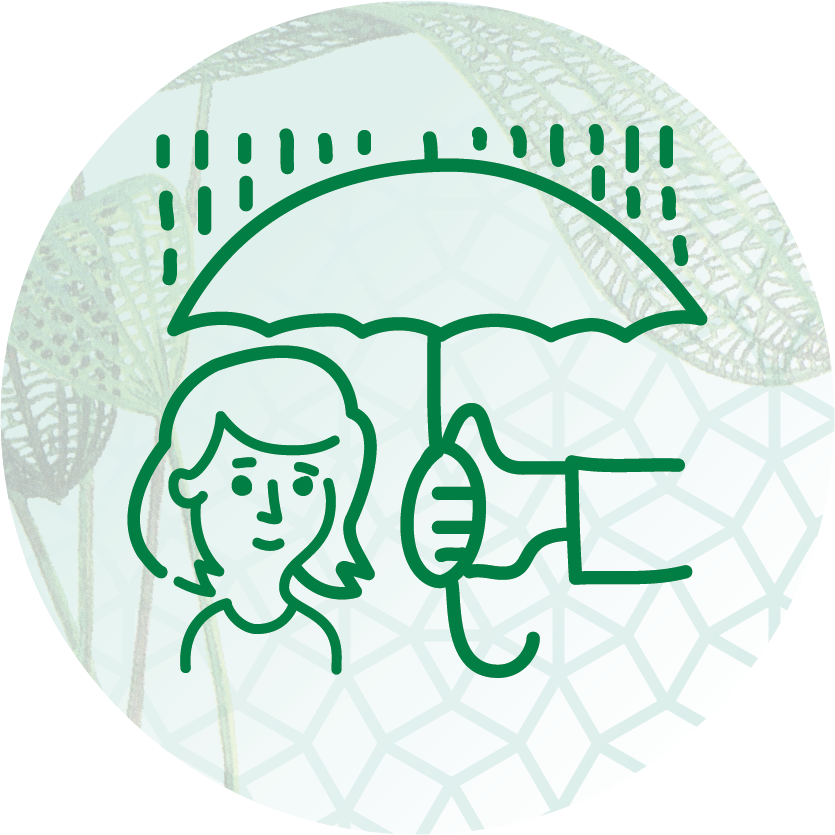Help for Supporters
Survivors often first disclose to a person they trust. If someone discloses sexual violence to you, it’s okay to not have all the answers. You don't have to be an expert to help a survivor.
Finding the right words can be difficult. It might help to familiarize yourself with some useful language.
What to do
By listening, believing, and validating a survivor’s feelings, you can have a significant positive impact on their healing process and their access to resources.
You can help them learn about the complaint process, and may find that they ask for your assistance making a complaint or disclosing to a support service. Always consider the survivor's wishes when offering to help them - their next steps are their choice.

Listen to them
Let them speak freely. Be patient and respect their boundaries, letting them decide what they will and will not share. Your job isn’t to “fix” them, make them feel better, or take their pain away. Your job is simply to listen.

Validate them
Let them know that their feelings and reactions are valid and that above all, you believe them. Remind them that what happened was not their fault. The only person at fault in instances of sexual violence is the person who caused harm.

Maintain confidentiality
Let the survivor decide who to tell about the assault.
For many survivors, hearing that someone they trusted broke their confidentiality can feel like a secondary trauma. While you may have certain obligations related to your role and responsibilities that limit your ability to maintain confidentiality, you can still be conscious of who you share this information with and to what degree. Be transparent and clear about your obligations and what you will be doing with the information you receive.

Ask what support looks like to them
Let go of assumptions. What feels supportive to you might not to someone else. Sometimes support means providing resources, such as how to seek medical attention, where to report what happened, or finding a safe place to stay. But often listening without judgement is the best way to support a survivor.

Practice self-care
Recognize and respect your own boundaries and limits. It’s hard to hear the story of someone you love being abused. Understand that you may have your own reactions, and you deserve support too.

Be patient
Recognize that healing can take years, with both advances and setbacks. The path to recovery can and will look different for each survivor.
Sexual Assault Centre
780-492-9771
sexualassaultcentre@ualberta.ca
The University of Alberta Sexual Assault Centre is still here to support you, even during COVID-19. Although we are unable to see you in our physical office right now, you can still call or email us to talk and make an appointment.